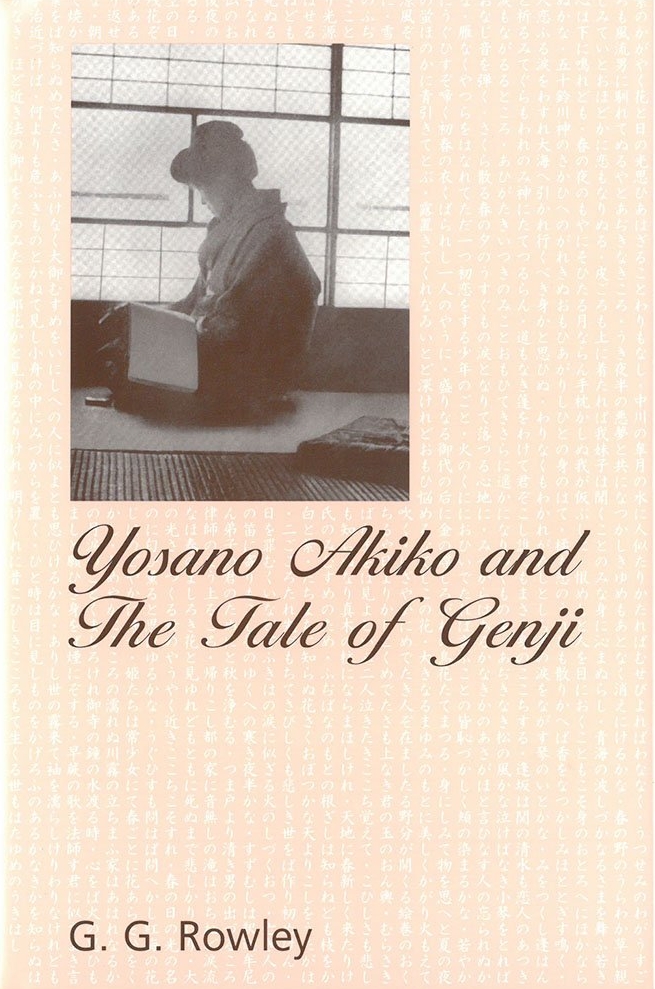Ann Arbor: Center for Japanese Studies, University of Michigan, 2000
A revised and updated Open Access edition was published in December 2022: https://doi.org/10.3998/mpub.12314698
Genji oba jūnisan nite yomishi nochi omowareji to zo mitsure otoko o
At twelve or thirteen I read The Tale of Genji and thereafter hoped
Yosano Akiko
I should never be loved by any man that I knew then!
Yosano Akiko (1878-1942) has long been recognized as one of the most influential literary figures in twentieth-century Japan, famous for the passion of her early poetry and for her contributions to debates about women. A major part of Akiko’s career was also devoted to work on the Japanese classics—especially the great eleventh-century novel The Tale of Genji by Murasaki Shikibu. Akiko spent her childhood reading Genji; she once wrote that she could not count how many times she had read the novel before she turned twenty. In my book I argue that Akiko’s knowledge of Murasaki Shikibu and other eleventh-century women writers helped her to imagine herself as a writer, and that The Tale of Genji inspired some of her most significant literary projects: biographical studies of Murasaki Shikibu, series of lectures on Genji, and a scholarly edition of the text. For fourteen years between 1909 and 1923, Akiko also worked on a Genji commentary that, just short of completion, was reduced to ashes in the fires that swept Tokyo after the Great Kanto Earthquake of 1 September 1923. Akiko’s most lasting work on Genji has been two translations into colloquial Japanese. The first, entitled Shin’yaku Genji monogatari (A New Translation of The Tale of Genji), was an abridged version published in 1912-13; the second, complete version was entitled Shin-shin’yaku Genji monogatari (A New, New Translation of The Tale of Genji) and published in 1938-39. In these translations—both still in print—Akiko successfully transformed Genji into a modern novel and gave the text the prominence it now enjoys as a translated classic.
For errata and updates click here.
